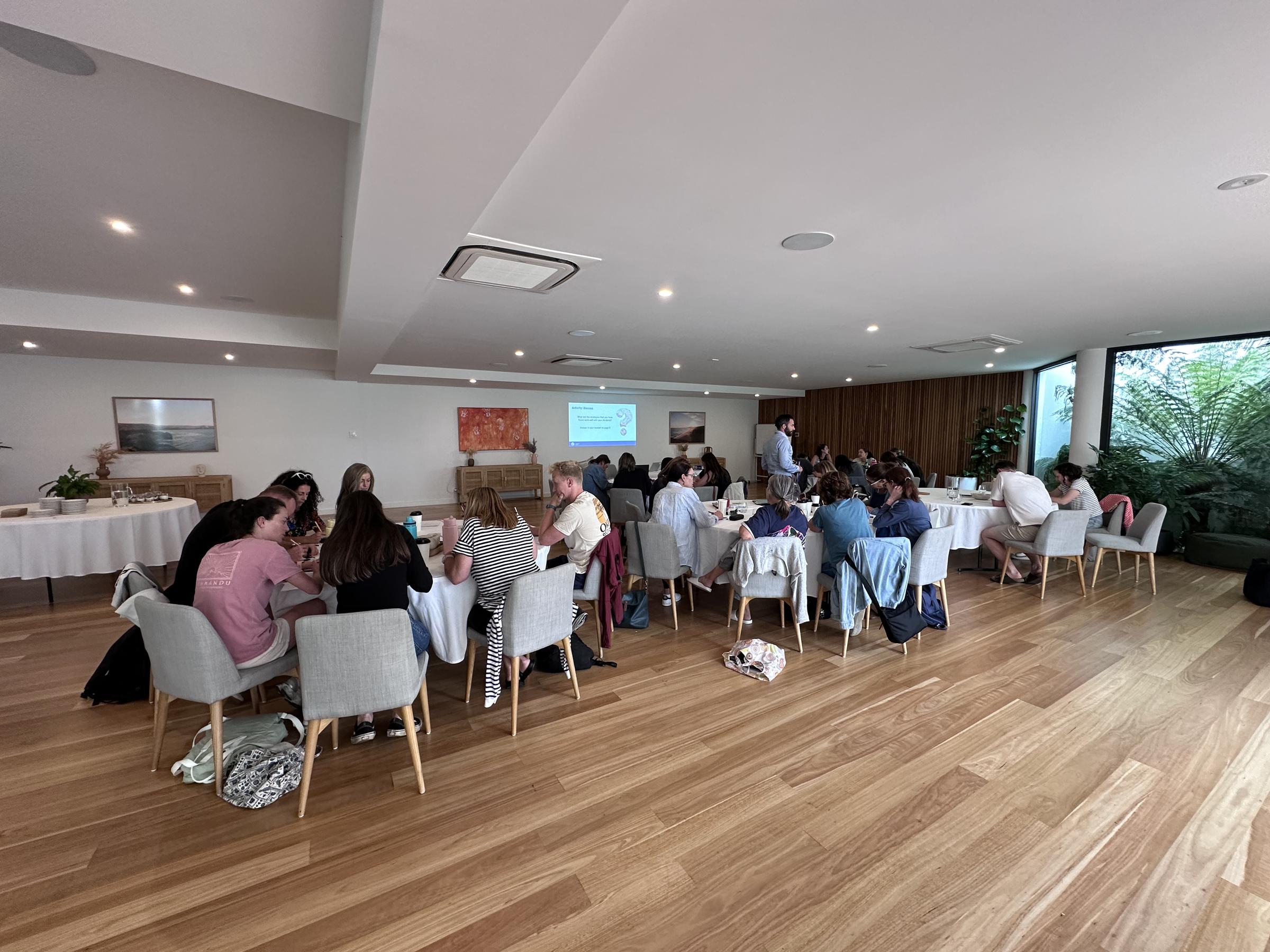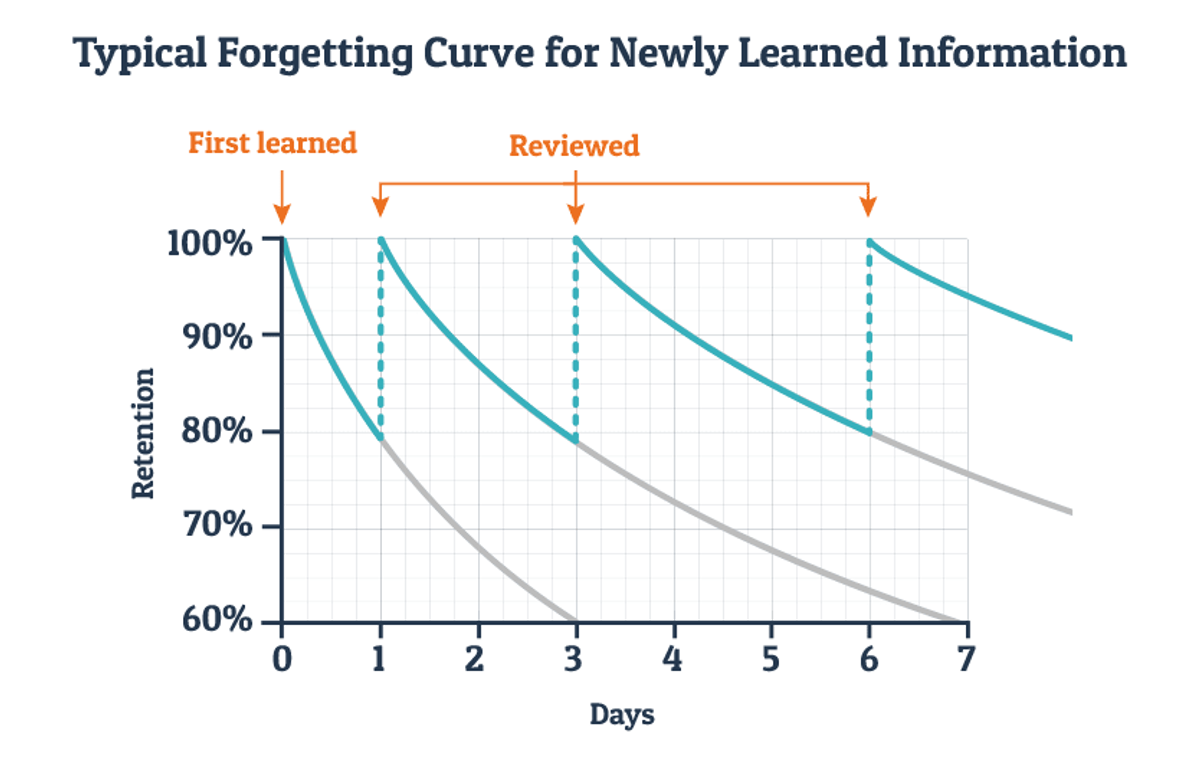Deputy Principal News: School Closure Days

School Closure Days
This year for our school closure days, we were delighted to host Mark Dowley, the Associate Head of the Crowther Centre for Applied Educational Research. Mark worked with our staff to enhance our understanding of the Science of Learning, exploring the intricacies of how learning unfolds, including methods for capturing student attention, the effectiveness of direct teacher instruction, and strategies for aiding student retention.
A large focus for the day was around retention of learning to ensure we capitalise on the hard work that goes into learning each day. A key challenge in education is ensuring that learning is retained and stored in long term memory, so that it can be recalled and applied when it is required.
The actual process in which learning takes place is that; we are attentive to what is being presented and engage in that process. That new skill is then processed in the working memory space in our brain. This area of the brain is quite limited and can only store a finite amount of information. So in order to 'learn' and remember that content, students must see it and engage with it multiple times to store it in the long term memory part of our brain, which is unlimited in its capacity. There is no set number of times that we must see and engage with new content in order to remember it, but obviously, the more times one engages with it, the more effective.
Learning new content and training ourselves to remember it is only half of the battle. In order for learning to be retained when it is stored in the long term memory, we must constantly be retrieving that information in different contexts to ensure learning is not forgotten. As you can see below in the 'Forgetting Curve' graph, when content is constantly reviewed after it has been learned, students are more likely to be able to retain this new information.
You may have your child or children come home from school and talk about 'multiple exposures', or learning content they have already encountered at school that year. What research tells us is that, in order for that learning that has been embedded in the long term memory part of our brain to be useful, we must be constantly retrieving and applying that content. This is why we spend the first fifteen minutes of a Maths lesson covering content that has been previoulsy taught, as research tells us without this constant retrieval, all of the hard work our students and teachers do in learning won't be embedded
Working with Mark was an incredibly rich and beneficial experience for our whole staff. We're fortunate as a school to be able to engage with researchers, educators and academics at the forefront of educational research to enhance our current school practices at St Joseph's. Mark was also incredibly impressed with the current practice in Teaching and Learning at St Joseph's, which was also reaffirming for us as a whole school.
Tom Hartney
Deputy Principal and Teaching and Learning Leader

